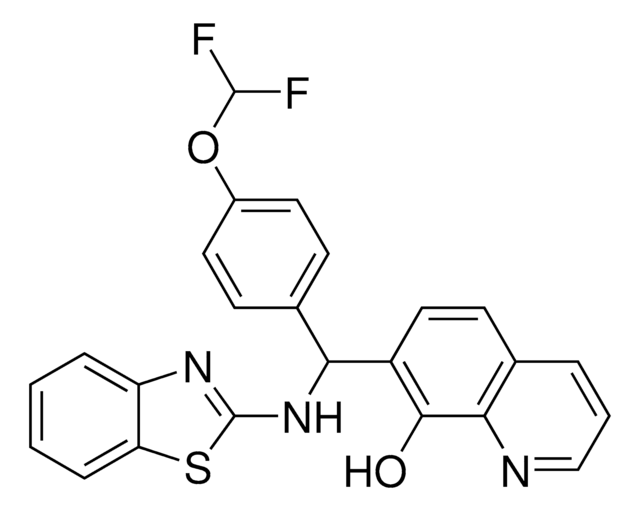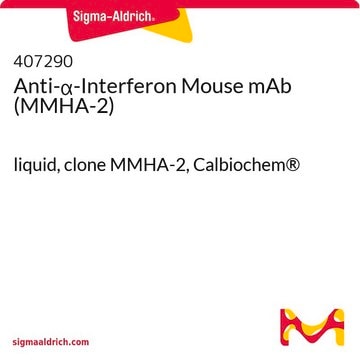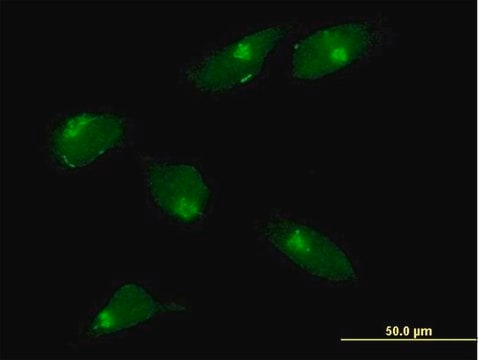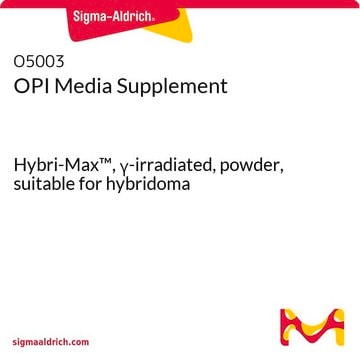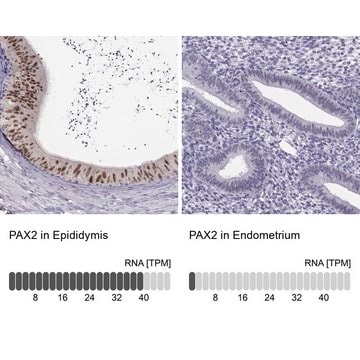SML1866
KIN1408
≥98% (HPLC)
別名:
7-((4-(Difluoromethoxy)phenyl)(5-methoxybenzo[d]thiazol-2-ylamino)methyl)quinolin-8-ol, 7-[[4-(Difluoromethoxy)phenyl][(5-methoxy-2-benzothiazolyl)amino]methyl]-8-quinolinol
ログイン組織・契約価格を表示する
すべての画像(1)
About This Item
実験式(ヒル表記法):
C25H19F2N3O3S
CAS番号:
分子量:
479.50
MDL番号:
UNSPSCコード:
12352200
NACRES:
NA.77
おすすめの製品
品質水準
アッセイ
≥98% (HPLC)
形状
powder
色
white to beige
溶解性
DMSO: 30 mg/mL, clear
保管温度
2-8°C
SMILES記法
OC(C(N=CC=C1)=C1C=C2)=C2C(C3=CC=C(OC(F)F)C=C3)NC4=NC5=C(S4)C=CC(OC)=C5
生物化学的/生理学的作用
KIN1408 is a small molecule that targets factors at or above the level of MAVS in the RLR signaling pathway to drive IRF3 activation (IRF3 nuclear translocation ECmax = 5 μM in 20 h; Huh7 cells) without significant cytotoxicity (50 μM/20 h in Huh7 or 20 μM/36 h in HEK293 cultures). KIN1408 induces cellular transcription of innate immune genes (Eff. conc. 1.25-20 μM in 20 h; PMA-differentiated THP-1 cells) in a MAVS- and IRF3-dependent manner and exhibits broad-spectrum anti-viral activity (Eff. conc. 1-5 μM), including dengue virus 2 (DV2; Huh7), influenza A (IAV H3N2; HEK293), RSV (A2 strain; HeLa), Ebola (EBOV strain Zaire; HUVECs), Nipah virus (NiV; HUVECs), and Lassa virus (LASV; HUVECs). MAVS signaling activation upon Zika virus infection or KIN1408 treatment is reported to result in pTBK1 mitochondria relocalization and caspase 3-mediated apoptosis in human neuroepithelial stem (NES) cells.
危険有害性情報
注意書き
危険有害性の分類
Aquatic Chronic 4
保管分類コード
11 - Combustible Solids
WGK
WGK 3
引火点(°F)
Not applicable
引火点(℃)
Not applicable
適用法令
試験研究用途を考慮した関連法令を主に挙げております。化学物質以外については、一部の情報のみ提供しています。 製品を安全かつ合法的に使用することは、使用者の義務です。最新情報により修正される場合があります。WEBの反映には時間を要することがあるため、適宜SDSをご参照ください。
Jan Code
SML1866-BULK:
SML1866-5MG:
SML1866-25MG:
SML1866-VAR:
試験成績書(COA)
製品のロット番号・バッチ番号を入力して、試験成績書(COA) を検索できます。ロット番号・バッチ番号は、製品ラベルに「Lot」または「Batch」に続いて記載されています。
Marco Onorati et al.
Cell reports, 16(10), 2576-2592 (2016-08-29)
The mechanisms underlying Zika virus (ZIKV)-related microcephaly and other neurodevelopment defects remain poorly understood. Here, we describe the derivation and characterization, including single-cell RNA-seq, of neocortical and spinal cord neuroepithelial stem (NES) cells to model early human neurodevelopment and ZIKV-related
R R Green et al.
Genomics data, 7, 290-292 (2016-03-17)
The recognition of pathogen associated molecular patterns (PAMPs) by pattern recognition receptors (PRR) during viral infection initiates the induction of antiviral signaling pathways, including activation of the Interferon Regulator Factor 3 (IRF3). We identified small molecule compounds that activate IRF3
Sowmya Pattabhi et al.
Journal of virology, 90(5), 2372-2387 (2015-12-18)
The cellular response to virus infection is initiated when pathogen recognition receptors (PRR) engage viral pathogen-associated molecular patterns (PAMPs). This process results in induction of downstream signaling pathways that activate the transcription factor interferon regulatory factor 3 (IRF3). IRF3 plays
ライフサイエンス、有機合成、材料科学、クロマトグラフィー、分析など、あらゆる分野の研究に経験のあるメンバーがおります。.
製品に関するお問い合わせはこちら(テクニカルサービス)